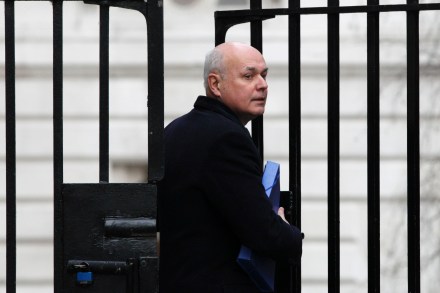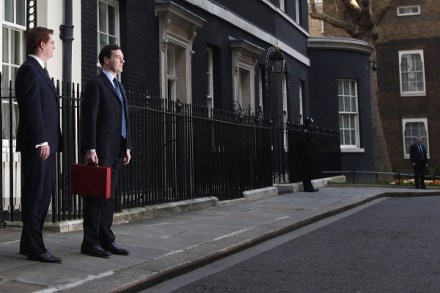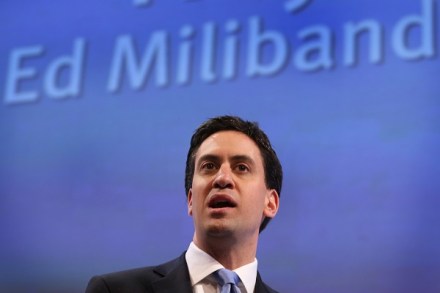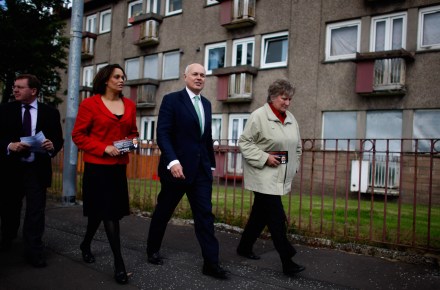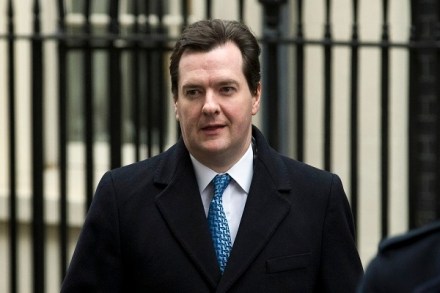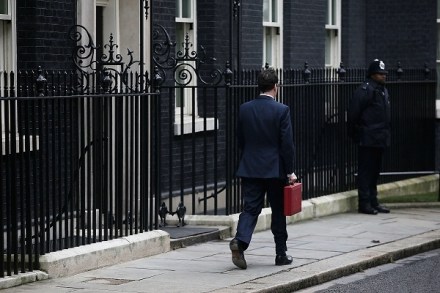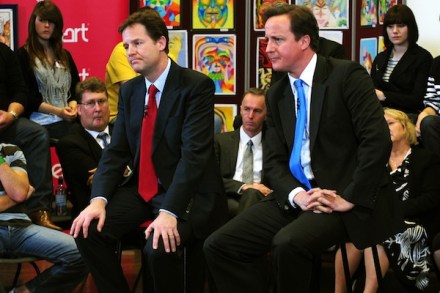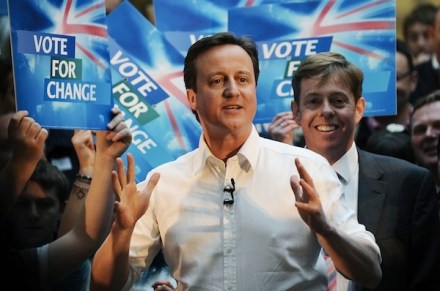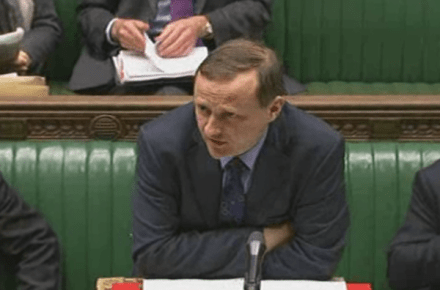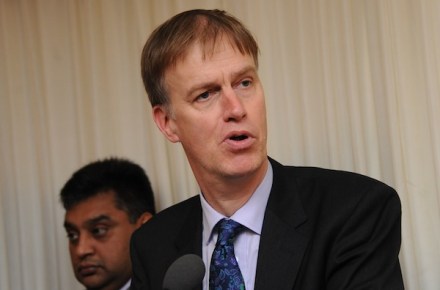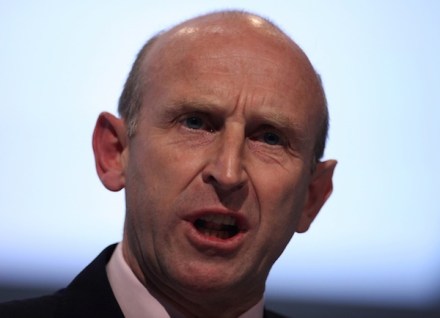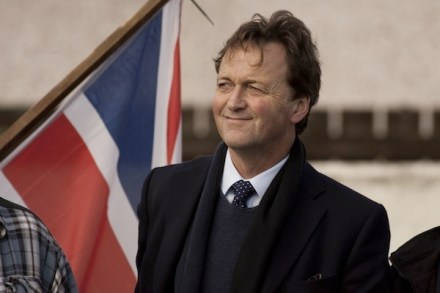Social housing needs to be more social
With the recent anniversary of the Beveridge report, TV channels have been packed with an array of documentaries on our welfare system. Most of these have been fairly hopeless, trying to make their points with extreme cases. Channel 4’s ‘How to get a council house’ was a notable exception. With devastating clarity it showed how our social housing system is nothing of the kind. My grandfather, an electrician, spent most of the Second World War on Malta with the RAF. His house in East London was destroyed by bombing during the war. With no home of his own he stayed with relatives when on leave and happily fell in love with my






